All Stories
-
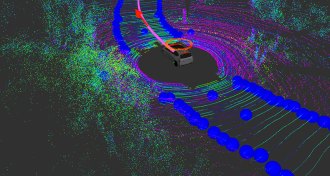 Tech
TechThis self-driving car could one day take you on a real road trip
Most autonomous cars are city drivers. This one’s made for cross-country road trips.
-
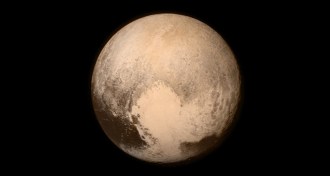 Planetary Science
Planetary ScienceGetting NASA’s Pluto mission off the ground took blood, sweat and years
Alan Stern talks about the new book ‘Chasing New Horizons’ and what’s next for the spacecraft that got close to Pluto.
-
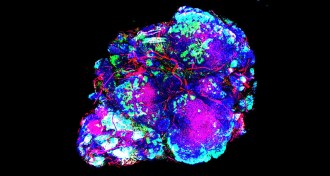 Health & Medicine
Health & Medicine50 years ago, starving tumors of oxygen proposed as weapon in cancer fight
Starving cancerous tumors of oxygen was proposed to help kill them. But the approach can make some cancer cells more aggressive.
-
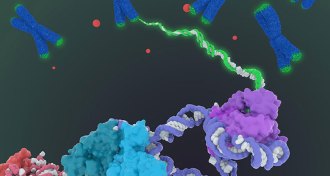 Health & Medicine
Health & MedicineAn enzyme involved in cancer and aging gets a close-up
The structure of telomerase, described with the greatest detail yet, may give researchers clues to cancer treatments and other telomerase-related illnesses.
-
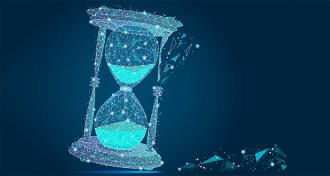 Physics
Physics‘Time crystals’ created in two new types of materials
A state of matter that repeats itself in time, not space, was found in certain liquids and a solid.
-
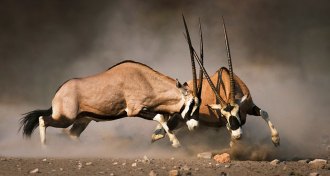 Animals
AnimalsFighting like an animal doesn’t always mean a duel to the death
Conflict resolution within species isn’t always deadly and often involves cost-benefit analyses.
By Susan Milius -
 Genetics
GeneticsAdapting to life in the north may have been a real headache
A cold-sensing protein has adapted to different local climates, also affecting risk of migraine.
-
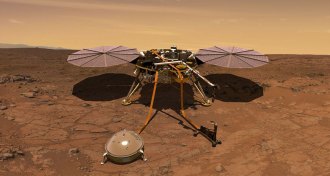 Planetary Science
Planetary ScienceNASA gets ready to launch the first lander to investigate Mars’ insides
The InSight lander is launching to Mars on May 5 and is expected to be in position to sense seismic activity by early 2019.
-
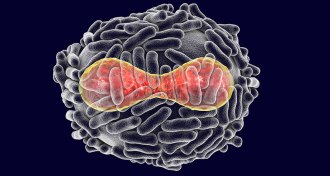 Health & Medicine
Health & MedicineFDA approves the first smallpox treatment
Concerns about bioterrorism fueled the development of the first treatment for smallpox.
-
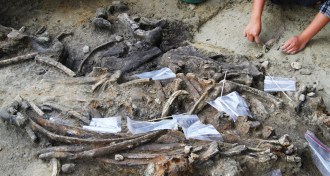 Anthropology
AnthropologyButchered rhino bones place hominids in the Philippines 700,000 years ago
Stone tools and butchery marks point to an ancient hominid presence on islands in the Philippines.
By Bruce Bower -
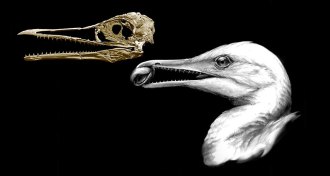 Animals
AnimalsThis ancient fowl bit like a dinosaur and pecked like a bird
A new fossil of Ichthyornis dispar helped scientists create a 3-D reconstruction of the ancient bird’s skull, shedding light on early bird evolution.
-
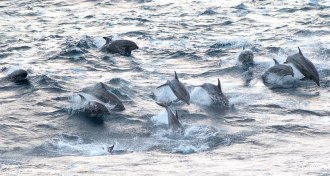 Climate
ClimateBull sharks and bottlenose dolphins are moving north as the ocean warms
Rising temperatures are making ocean waters farther north more hospitable for a variety of marine species.